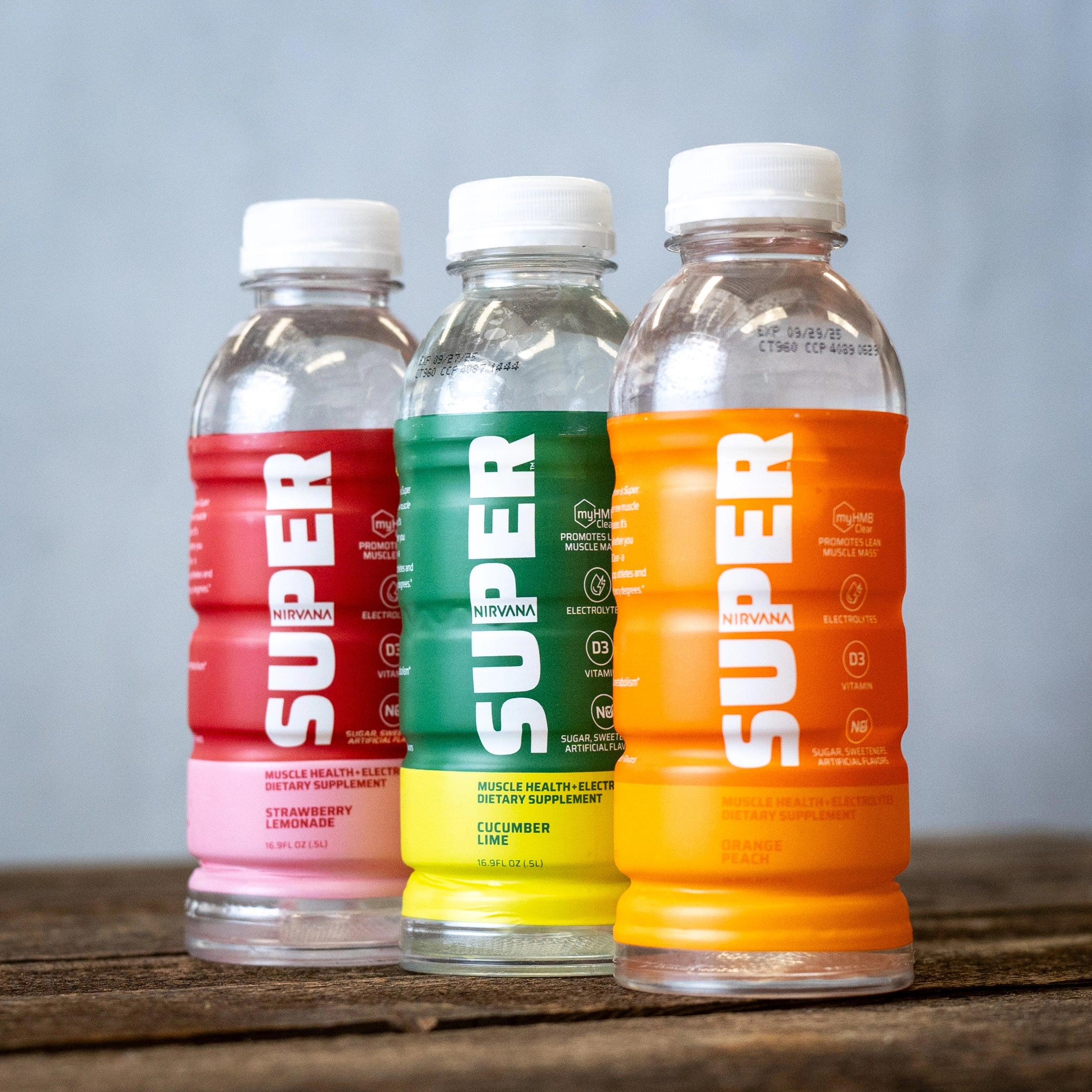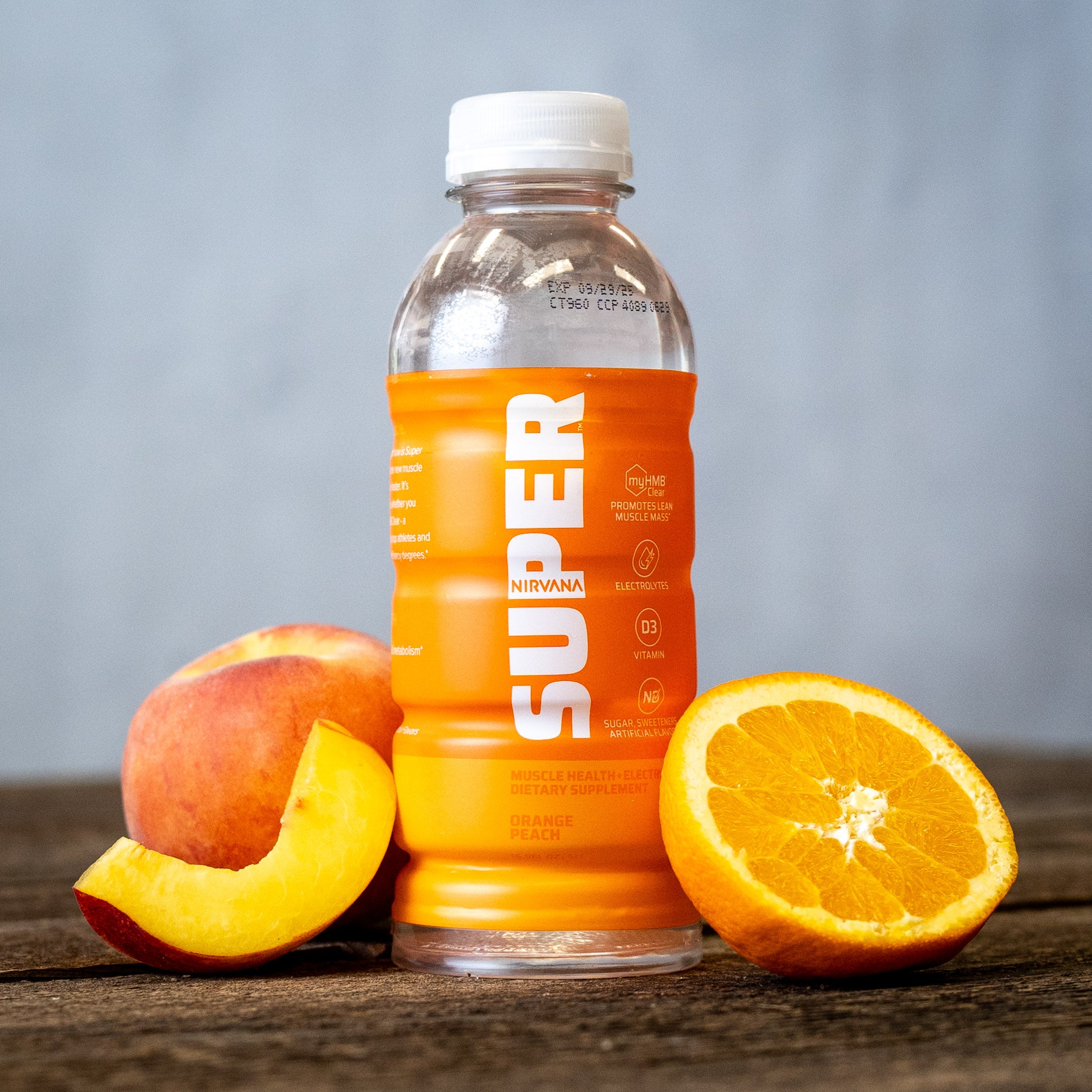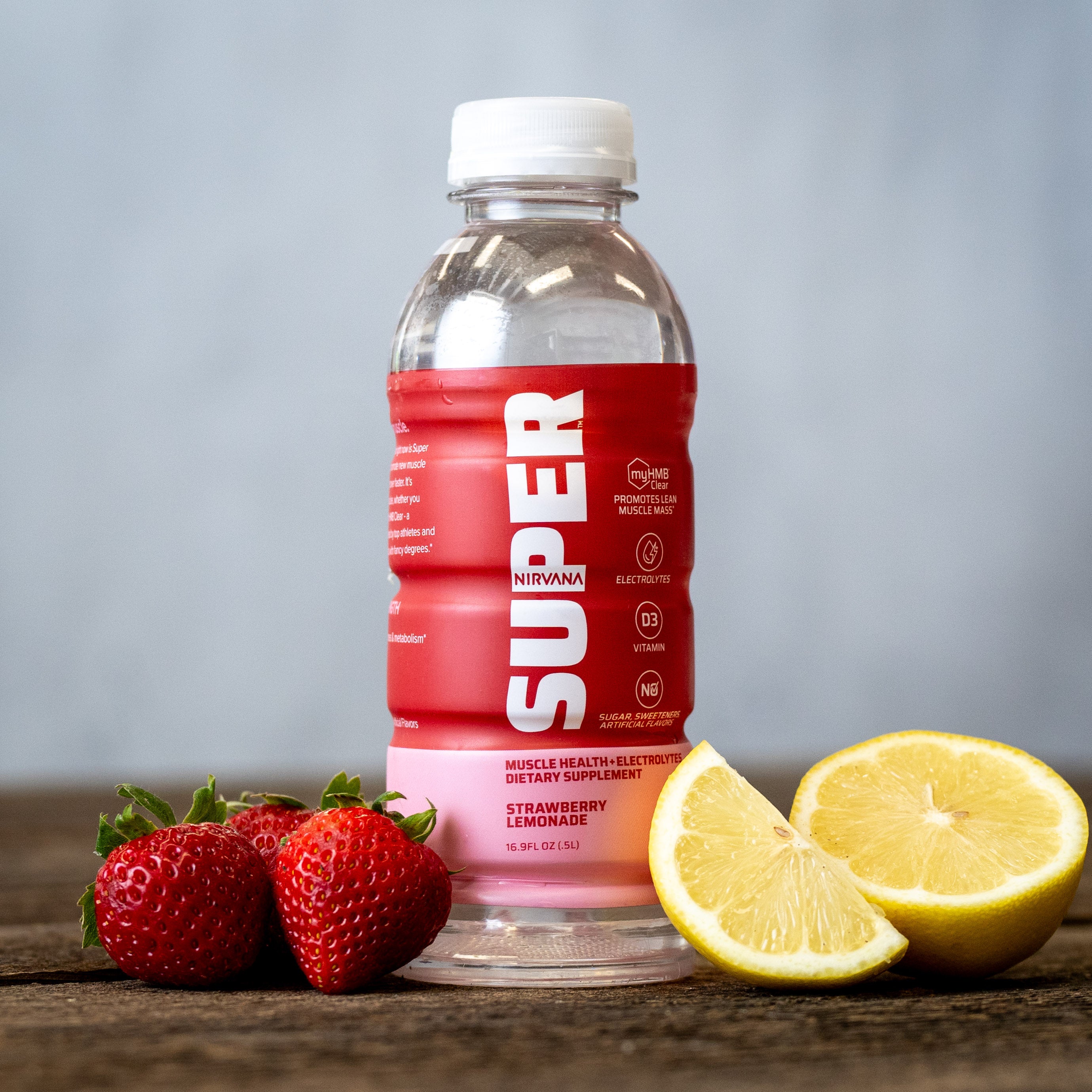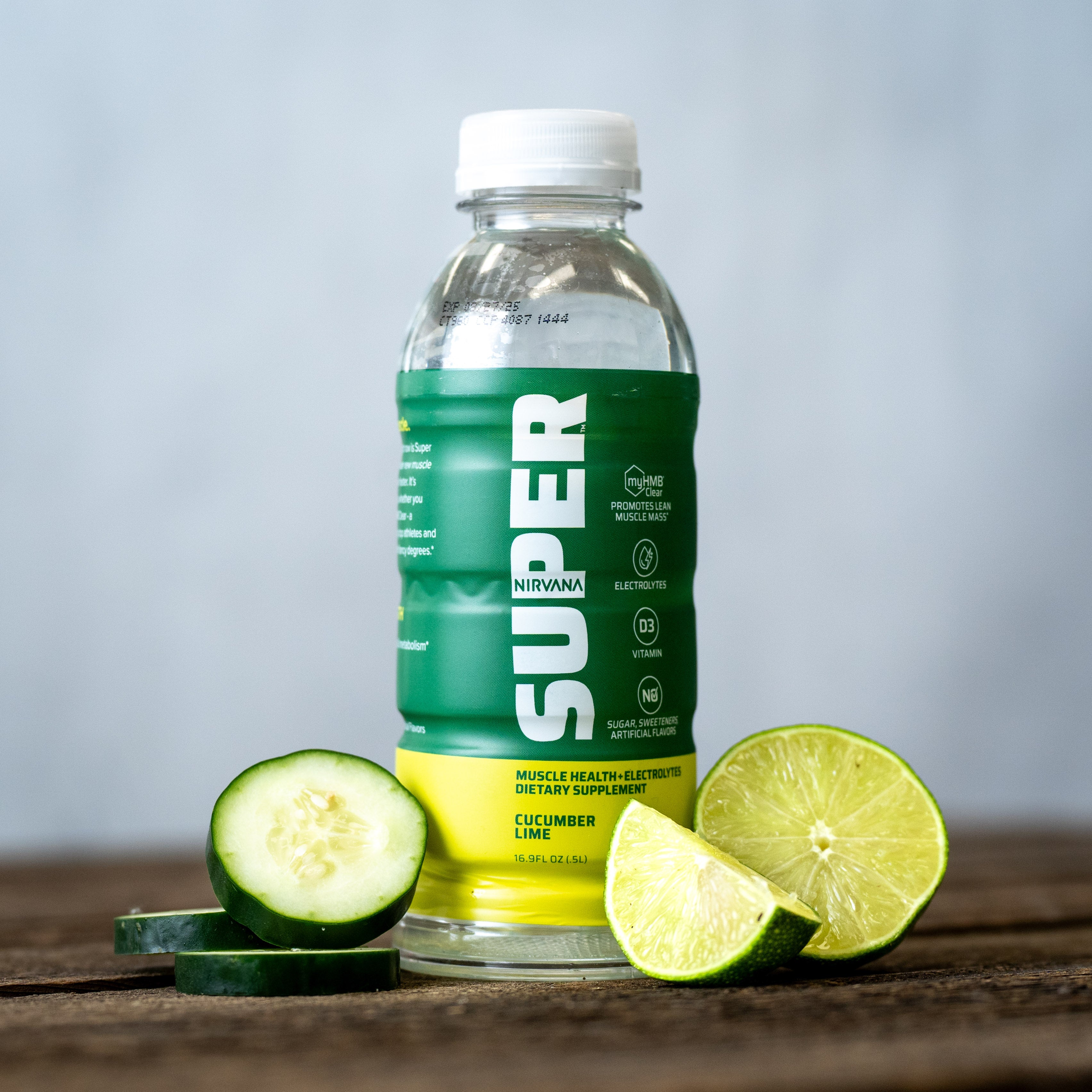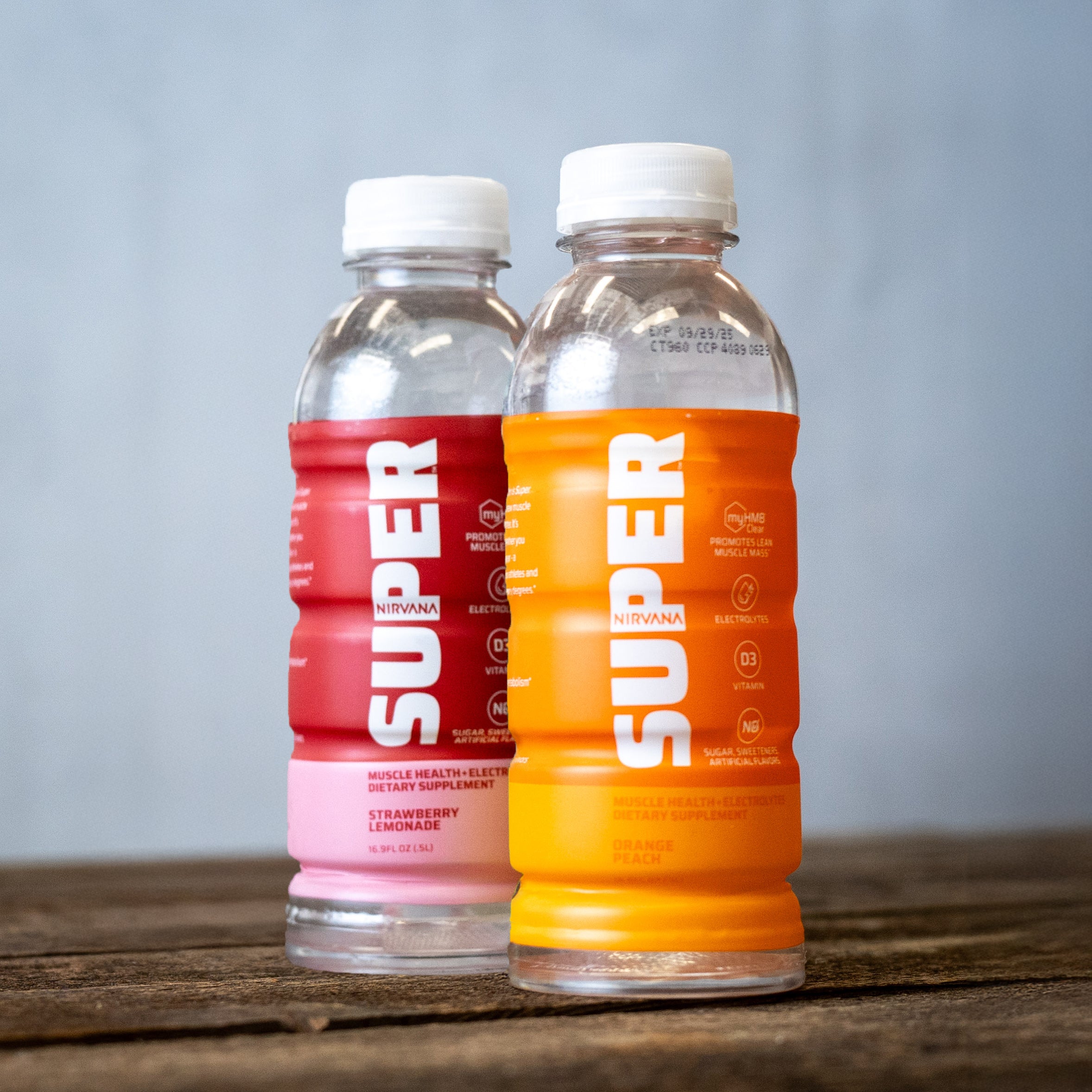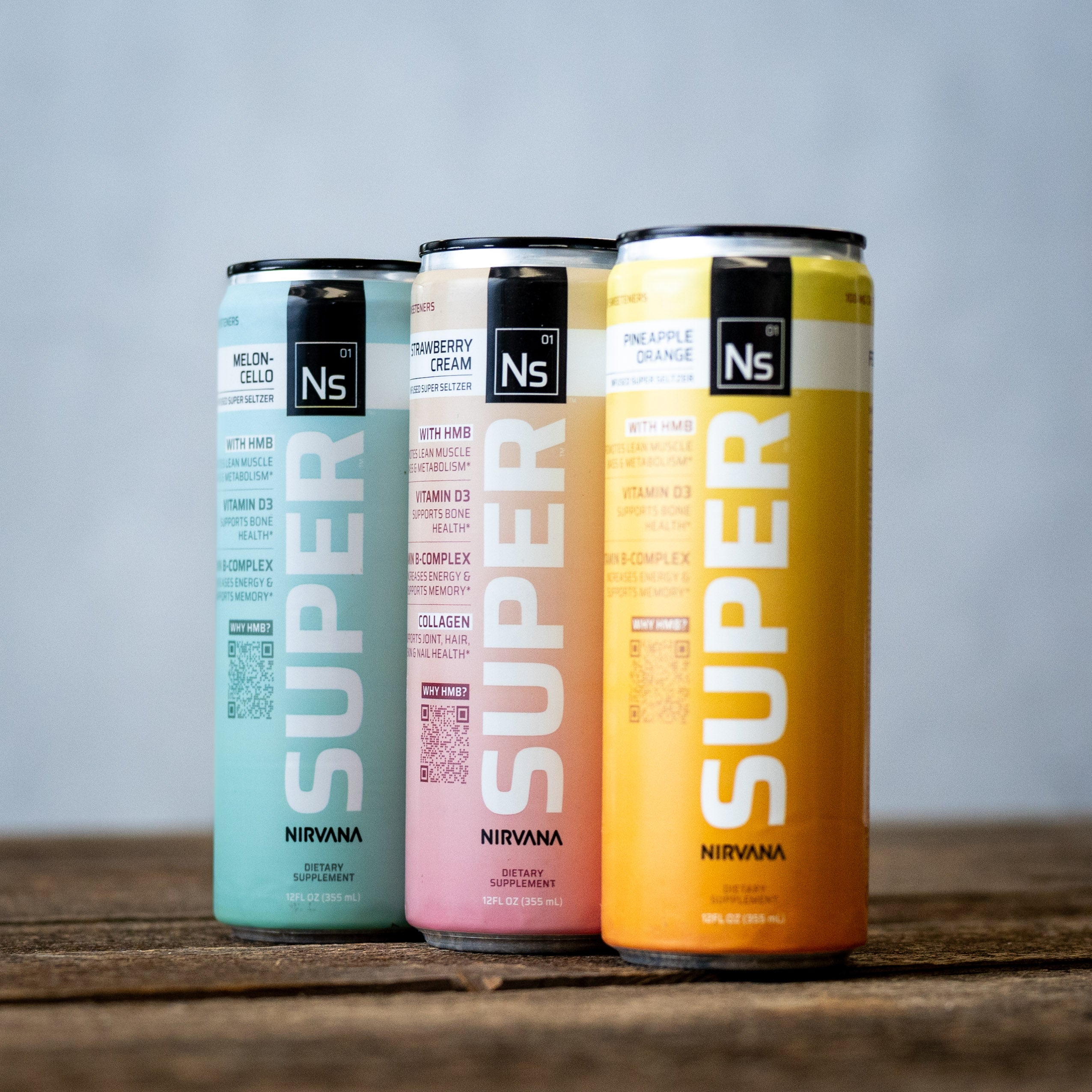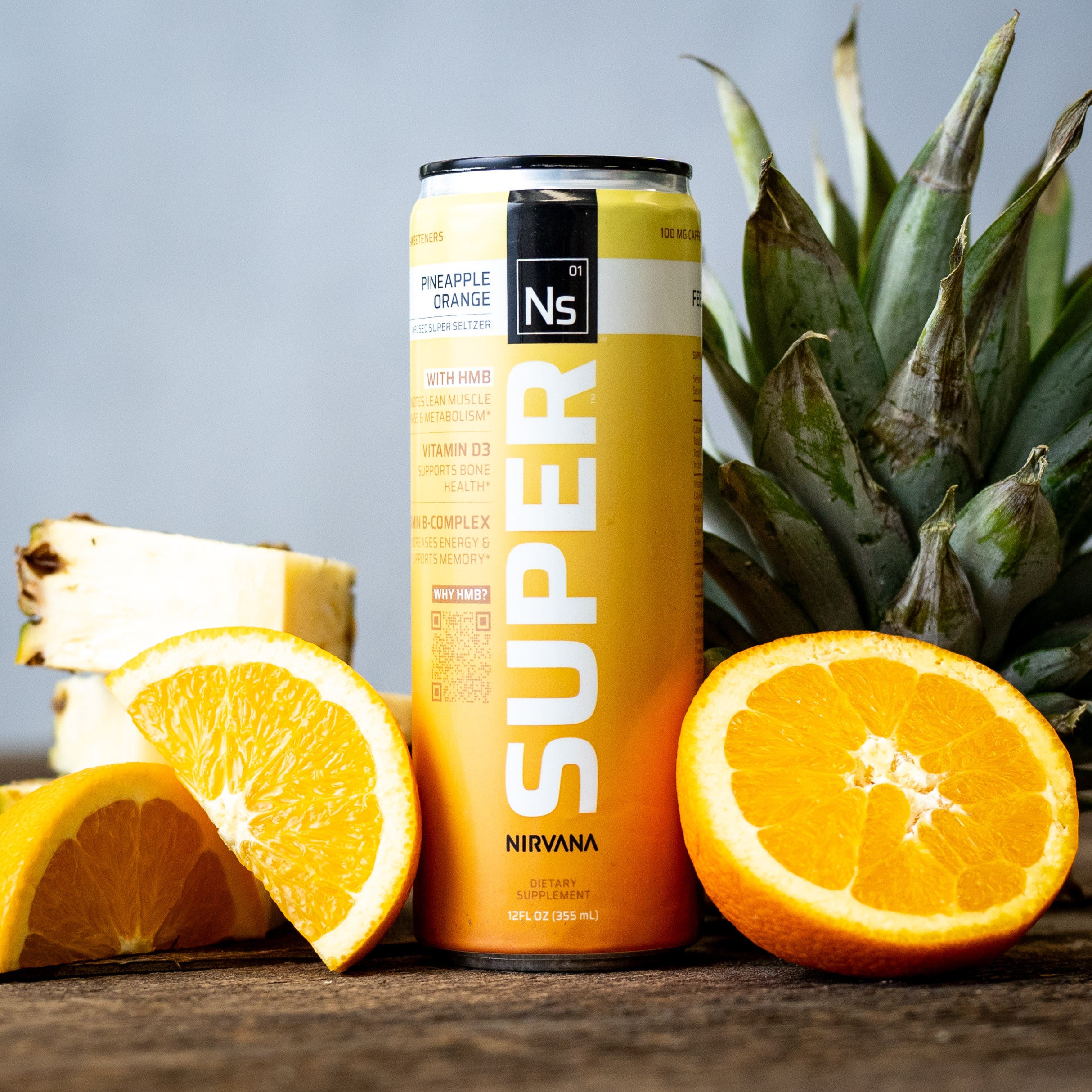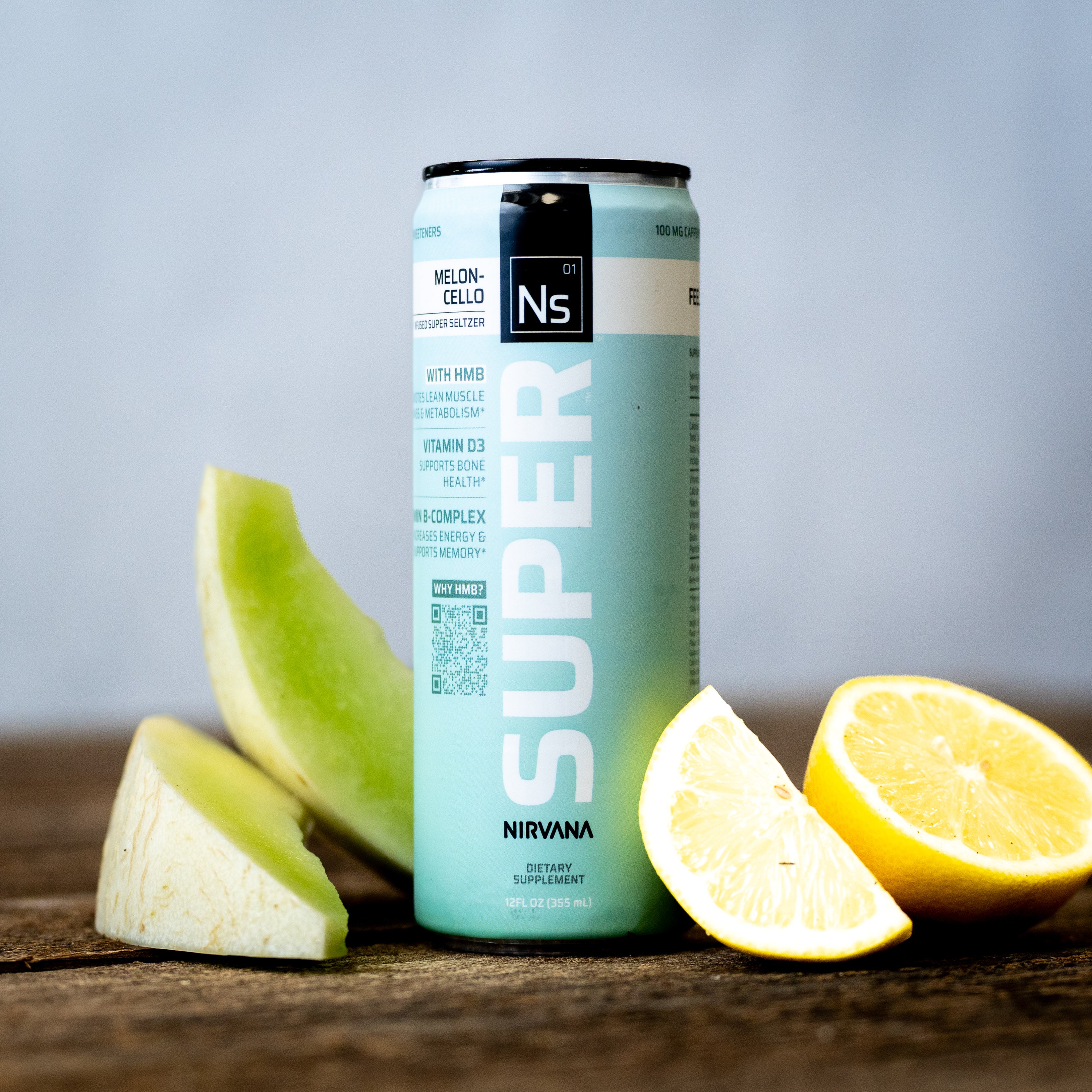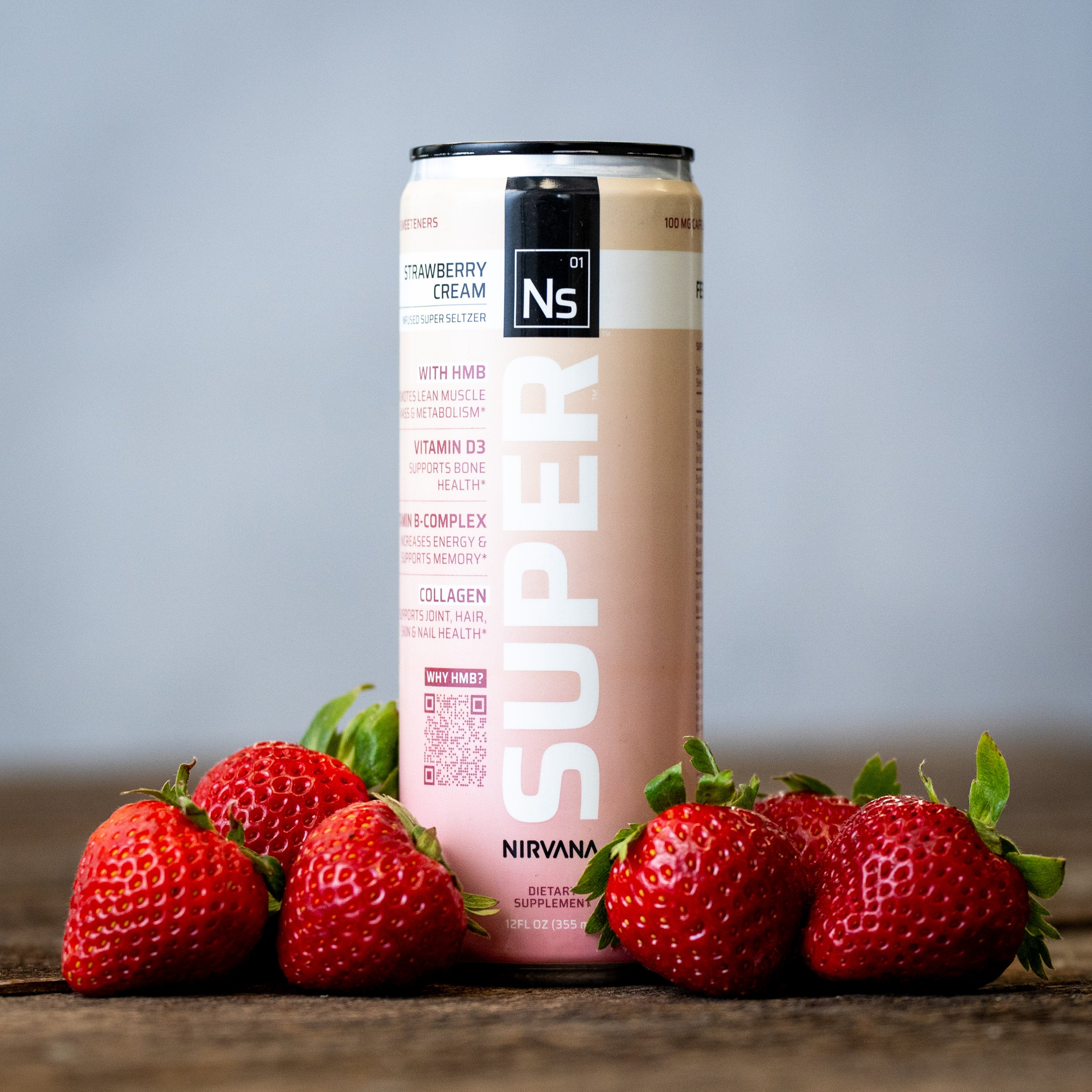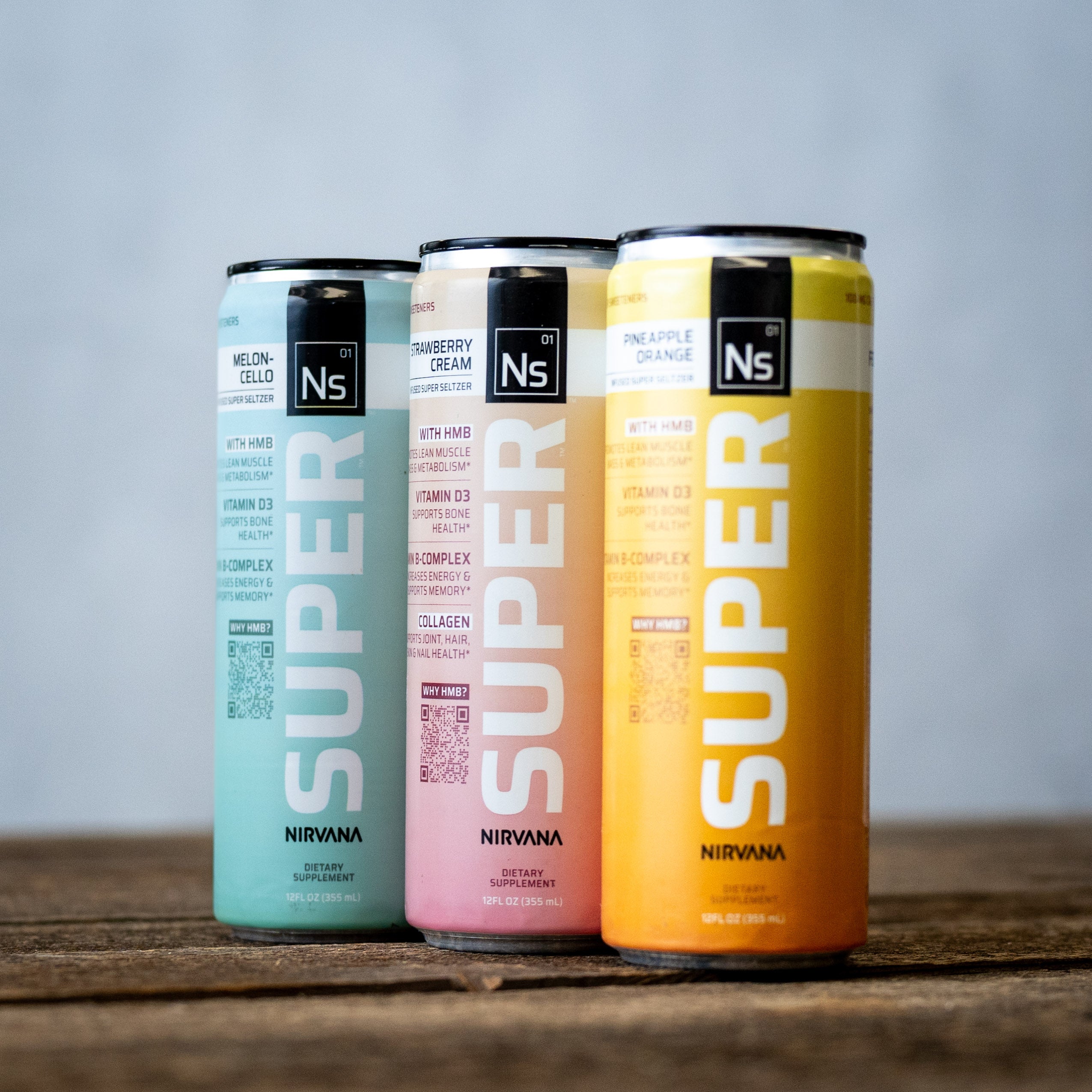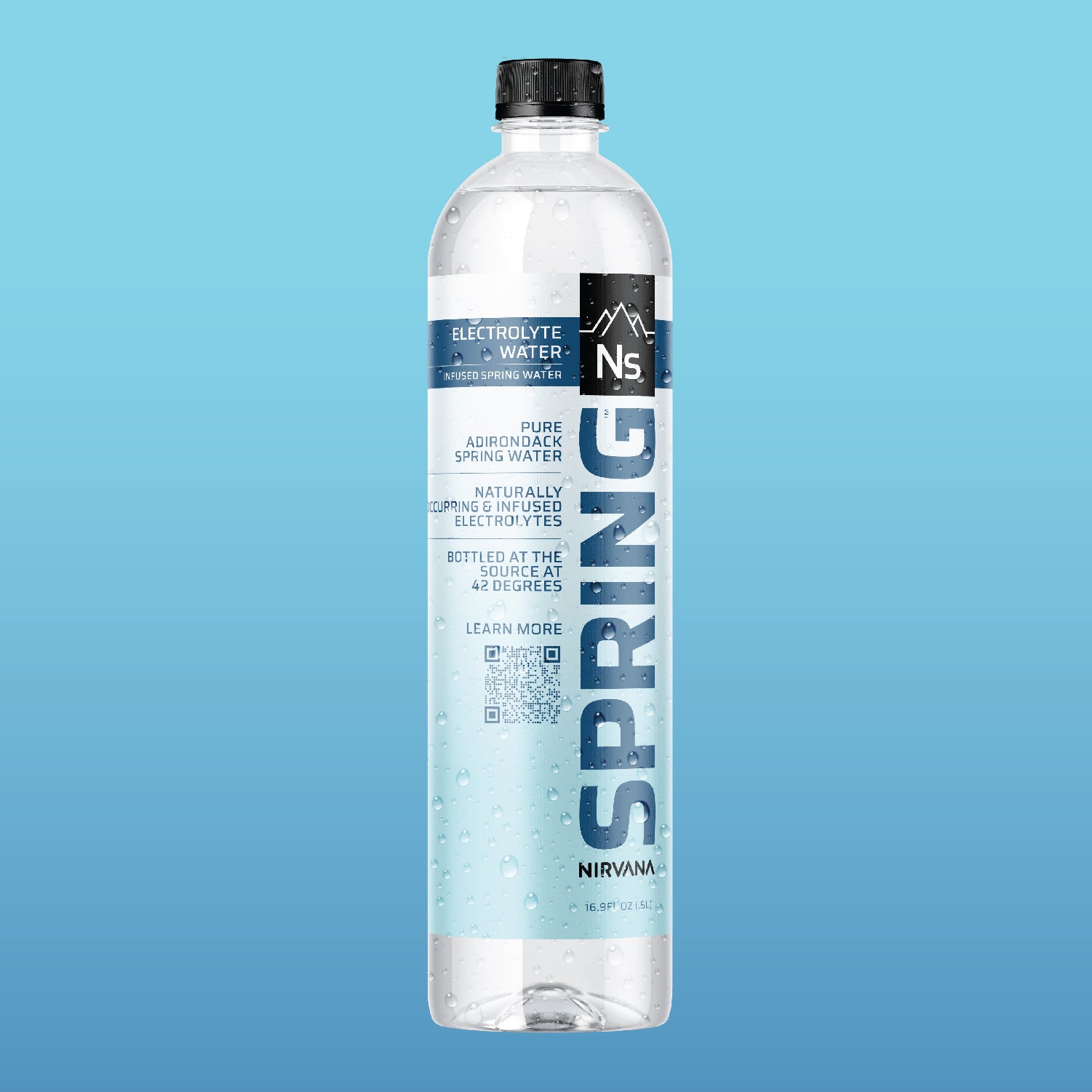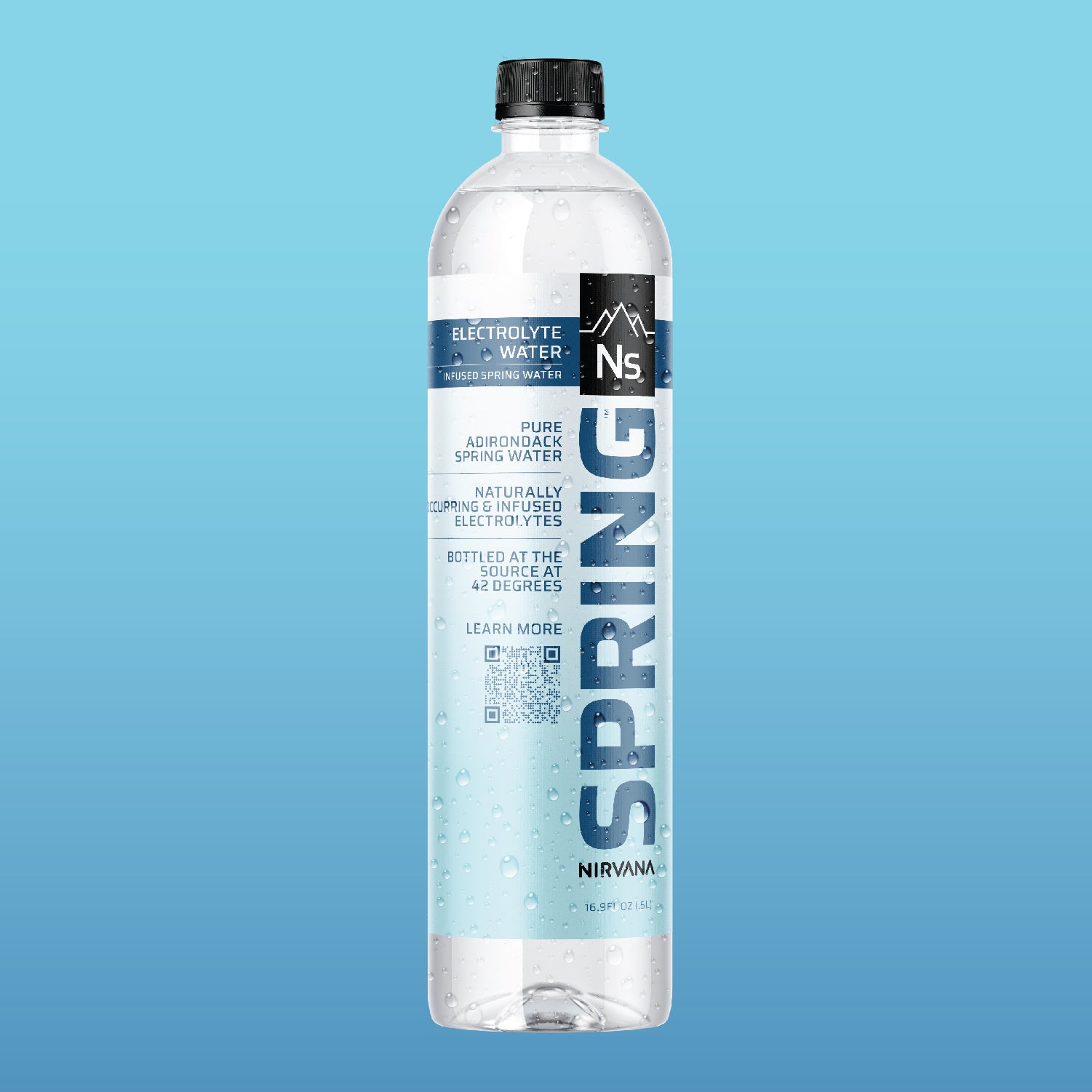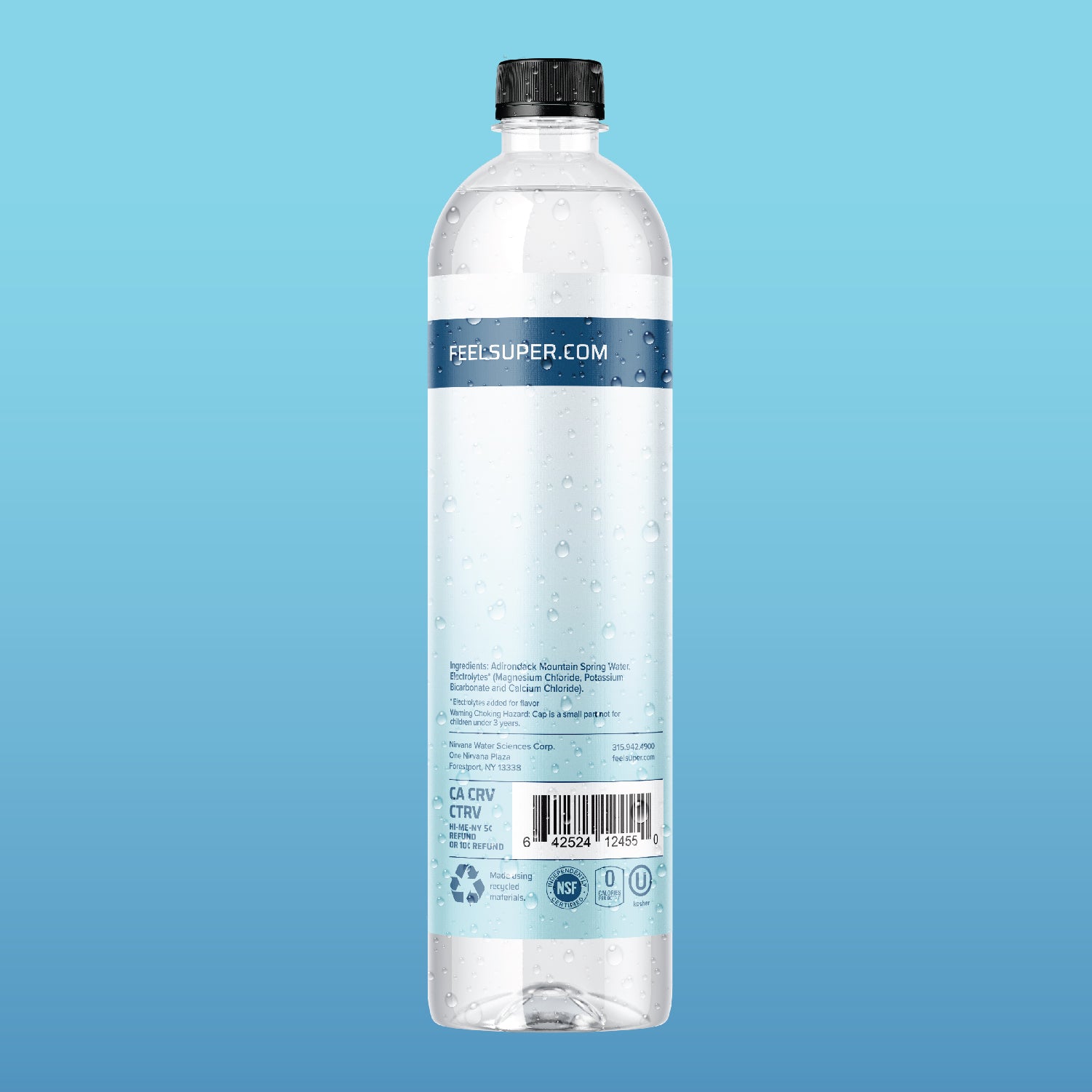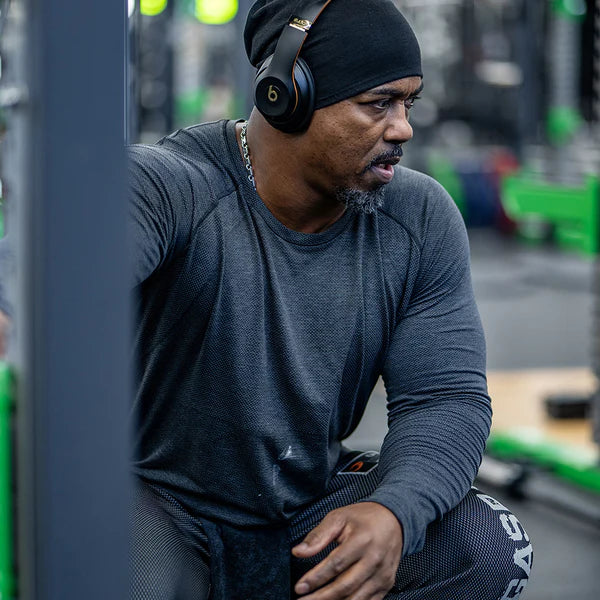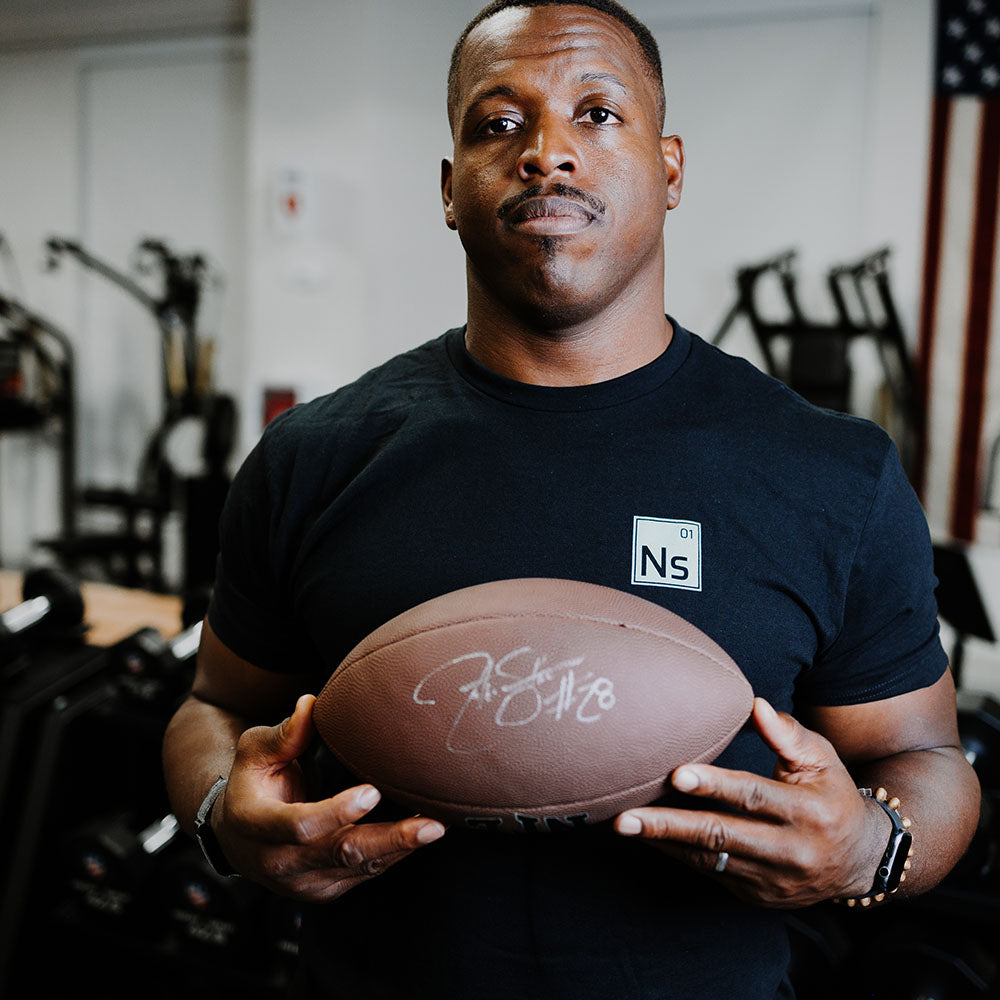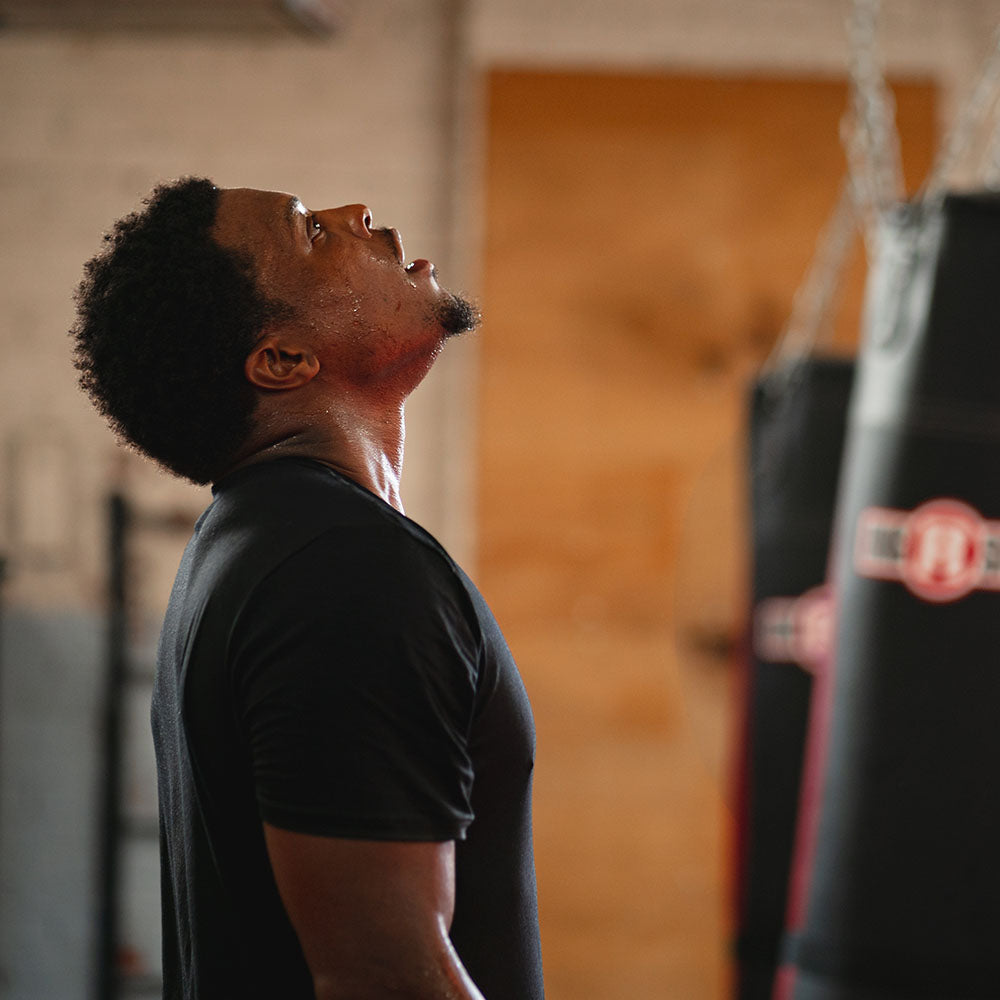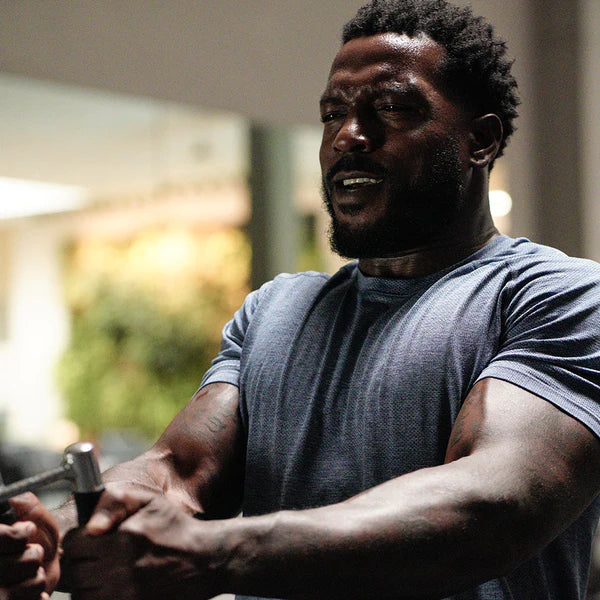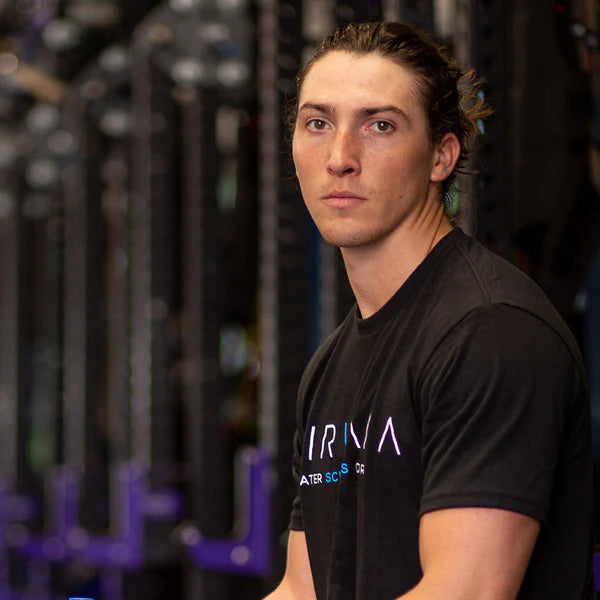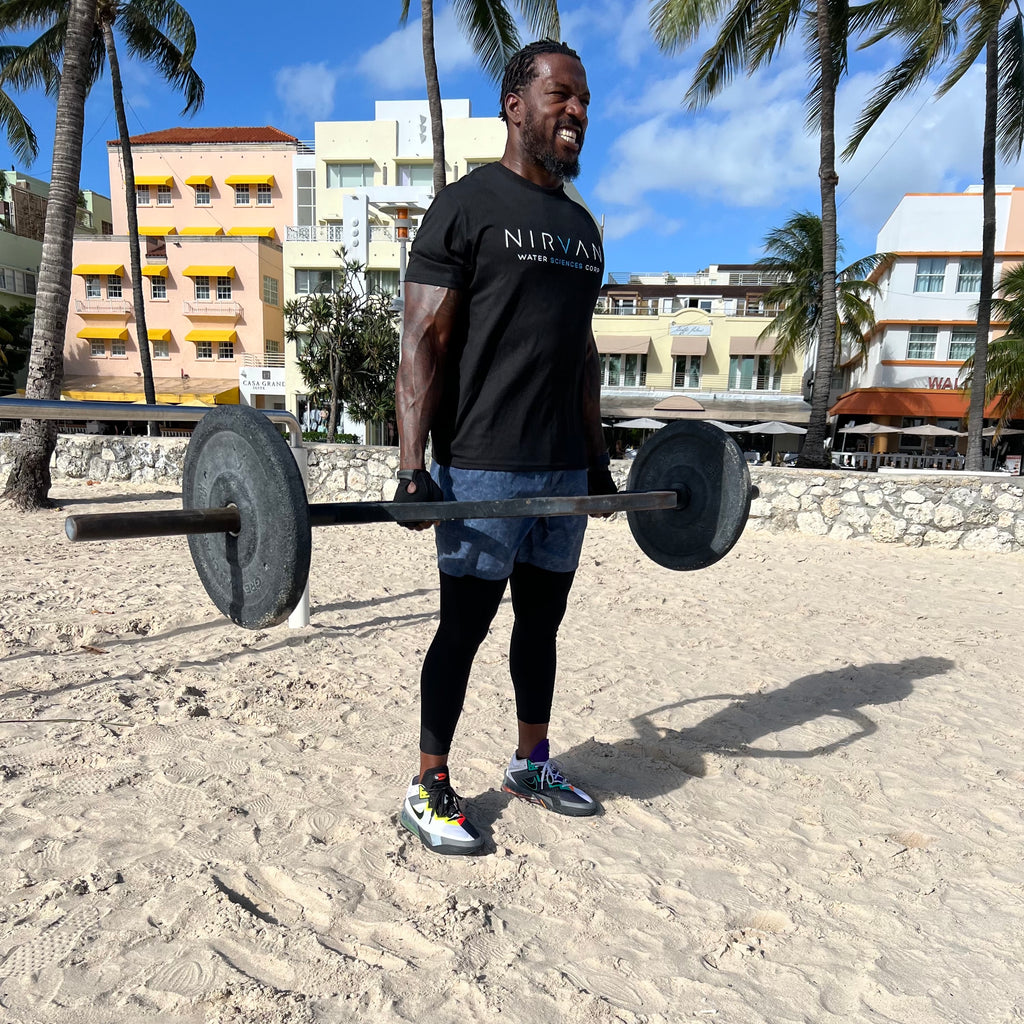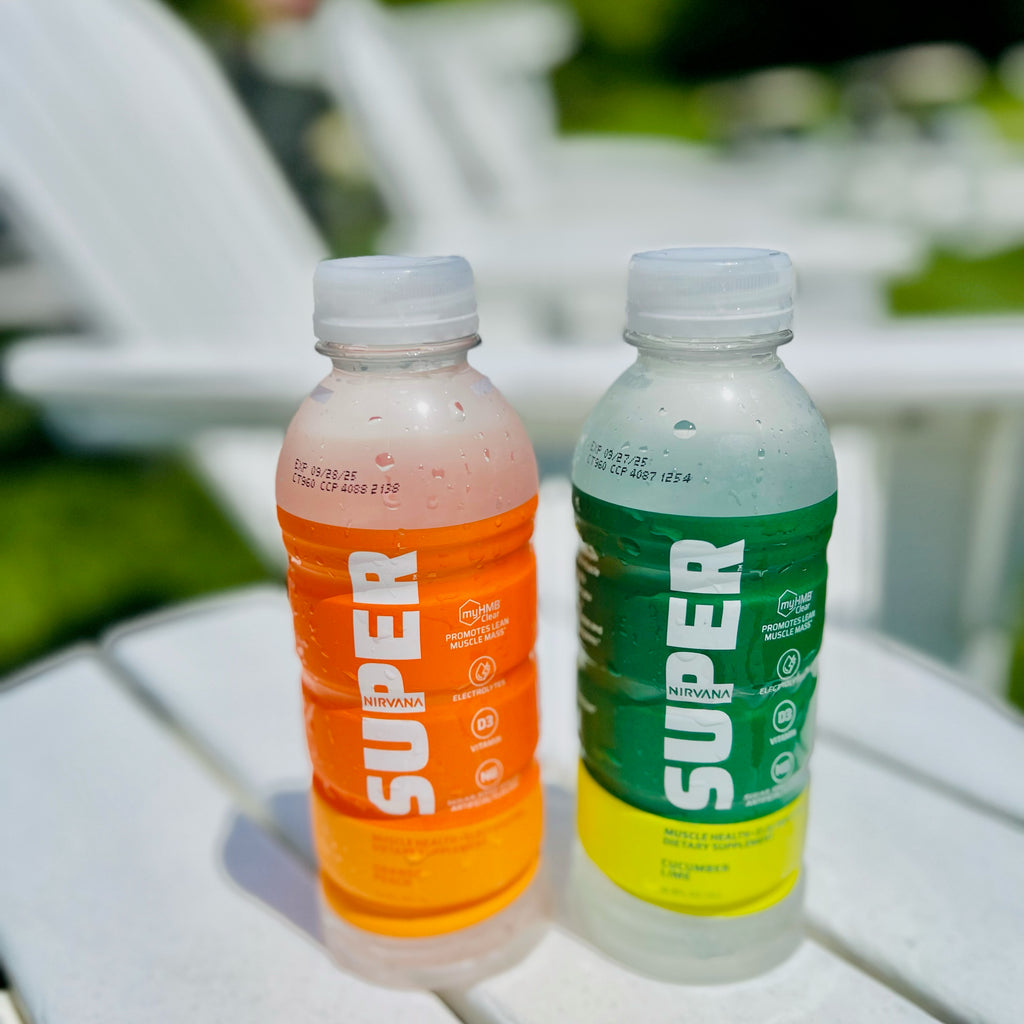The Best Muscle Recovery Foods
Your hardworking muscles could use some nutrition and fuel after all the work that you do in the gym! Here are the nutrients that your muscles need the most after a workout — and where you can get them.
Nutrients your muscles need for recovery
Protein
Protein is every gym enthusiast’s favorite nutrient and for good reason. Protein is the foundational compound that is used to build muscle tissues in your body, including your muscle tissue. After working out, your muscles need plenty of protein to rebuild and ultimately become bigger and stronger.
Carbohydrates
Your body runs on energy and carbohydrates help fuel that energy. Getting enough carbohydrates is an important part of training, because your muscles run on a specific kind of stored carbohydrate called glycogen, and those intense workouts can deplete your glycogen stores. It’s important to fuel up with high-quality carbohydrate sources following a workout, to replace any glycogen you may have lost.
Electrolytes
Staying hydrated is one of your best strategies for improving your performance and reducing your risk of muscle cramps. Plain water isn’t enough to hydrate though, especially during and after a hard workout. You can lose minerals, or electrolytes, in addition to water as you sweat, so to restore the balance of electrolytes in your body, you should add muscle-recovery foods and electrolyte rich beverages for maximum rehydration.
Antioxidants
Working out can be quite damaging to your muscle tissues, which can lead to inflammation and pain as your immune system works to repair that damage. Along with foundational nutrients like protein, you should include plenty of antioxidants in your post-workout nutrition routine. Antioxidants, which can be found in a variety of plant-based foods like fruits, vegetables and tea, can help reduce inflammation and may prevent muscle pain and soreness in the days following your workout.
Healthy fats
Certain kinds of healthy dietary fats can also help with muscle recovery. For example, omega-3 fatty acids are a type of healthy fatty acid that are known to have anti-inflammatory effects in the body and may assist your muscles as they recover and repair.
Vitamins and minerals
Finally, a well-balanced post-workout diet should also include a variety of vitamin and mineral sources, to give your body everything it needs to recover. For example, Vitamin D is important for both muscle and bone health and B-complex vitamins help support energy levels, both during and after your workout.
The best foods to eat for muscle recovery
Lean protein
Adding plenty of lean protein to your diet is a must, no matter what your fitness and body composition goals are. Choosing leaner protein sources like poultry and fish, can give your body the protein it needs without packing on the dietary fats and calories in the process.
Whole grains
Whole grains retain more nutrients than their refined versions, making them a valuable carbohydrate option that replenishes your muscle’s glycogen stores. Look for whole grain breads, pastas and rice to get the most out of your carb source.
Starchy vegetables
Starchy vegetables like potatoes and squash are absorbed slower than simple carbohydrates due to their dietary fiber content, making them a better carbohydrate choice than simple sugars.
Fatty fish
If you’re looking to bulk up your healthy fat intake, look no further than fish! Salmon, tuna, mackerel, herring and other cold-water fish, contain omega-3 fatty acids. Bonus points: these fish are also a good way to add more protein to your diet to assist with muscle recovery.
Nuts & seeds
Small as they may be, nuts and seeds are packed with muscle-recovery nutrients like vitamins, minerals, fiber and plant protein. Use them to garnish your meals, eat them alone, or look for nut and seed butters to pair with whole grain carbohydrates.
Fruits
Eating a wide variety of fruits can provide plenty of plant-based polyphenols, which act as anti-inflammatory nutrients in your body. Many fruits, like melons and berries are also good water sources, to help rehydrate you after a particularly grueling workout.
Green tea
Green tea is packed with catechins, a kind of powerful antioxidant that can help your muscles heal after a workout. Green tea is also lightly caffeinated, making it a great beverage choice if you need a slight boost, but don’t want to feel jittery or anxious afterward.
Greek yogurt
Dairy is a popular source of protein. Greek yogurt is particularly helpful since it has more protein on average than regular yogurt. Use it in smoothies or parfaits for more protein with every serving.
Leafy greens
Leafy greens like spinach and kale are favorites of healthy eaters everywhere and for good reason. These dark green vegetables are packed with tons of plant-based vitamins and minerals.
Finally, you can also use high-quality supplements to get the most out of your workouts and boost your recovery! Nirvana Super™ makes delicious and nutritious beverages that are designed with your performance and muscle recovery in mind including Waters, Seltzers, and Electrolyte Spring Water.
Our drinks contain vitamins and electrolytes like calcium and magnesium, which can assist with muscle function and reduce your risk of muscle cramps.
Nirvana Super™ drinks also contain HMB, a powerful ingredient that is clinically proven to support muscle recovery, prevent muscle degradation and improve your performance.
In Conclusion
Your muscle health is important, so make sure you eat a healthy diet with the essential nutrients needed to recover, stay hydrated with electrolyte-rich water and use the right supplements to maximize your workouts and overall health.
